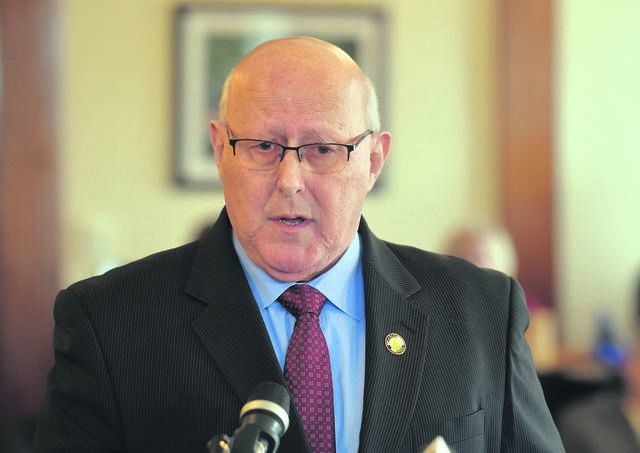Click here to subscribe today or Login.
WILKES-BARRE — The city ended 2020 as Mayor George Brown warned, with a budget deficit.
Expenses exceeded revenues by $2.4 million, according to a draft of the December financial report.
The 2020 general fund budget was balanced on paper at $51.9 million, but will be expense heavy from the loss of revenue due to the novel coronavirus pandemic that began approximately a year ago.
“This is by no means final,” Brown Thursday said. Revenues still to arrive from last year and bills to be paid will affect the budget and a final figure won’t be determined for a few months.
As of Dec. 31, the city reported revenues of $47.7 million compared to $50.1 million in expenses.
Still, Brown pointed out some positives in the report.
It was “another strong year” for property taxes, Brown said. The city collected $11.5 million or 99% of the budgeted amount. The Earned Income Tax brought in $13.9 million of the $14.6 million budgeted, but it was approximately $700,000 short, Brown added.
Revenues from the sale of garbage bags were budgeted at $1.7 million. They topped $1.8 million. The recycling fee also performed better than the $725,000 budgeted, bringing in revenues of $861,785.
Some revenues fell far short, such as the parking meter and building permit line items.
With fewer people working, dining and shopping downtown due to the pandemic the city collected $349,312 or less than half of the $750,000 budgeted for meter revenues. Just $692,276 of the $2.4 million budgeted from building permits was collected.
On the expense side, $824,878 was sliced off the city’s $4.8 million budgeted for long-term debt payments. Brown attributed it to refinancing the debt at a lower interest rate.
Other expenses increased, however.
The workers compensation payment for prior year claim payments nearly doubled to $1.2 million from the $675,000 budgeted.
An increase in the per-ton fee the city paid to unload its recyclables to a vendor pushed the tipping fee expense over budget. The city budgeted $175,000 at the start of the year, but paid $246,032 by year’s end.
The end-of-year payment of the $3 million Tax Anticipation Note also added to the expense load.
Throughout the year the city kept track of unbudgeted salaries, overtime and expenditures related to the pandemic and itemized them for reimbursement with COVID-19 relief funds. The city received $784,573 in aid and reported $1.3 million. Brown said the reimbursement has been slow because of a lot of the government agencies’ employees are working from home.
Reach Jerry Lynott at 570-991-6120 or on Twitter @TLJerryLynott.





